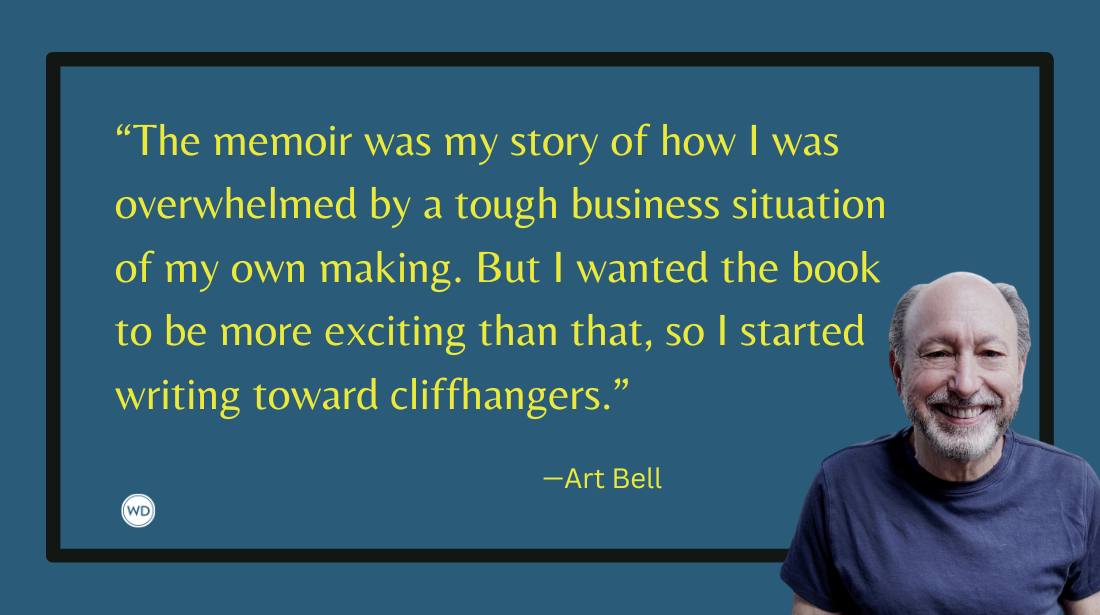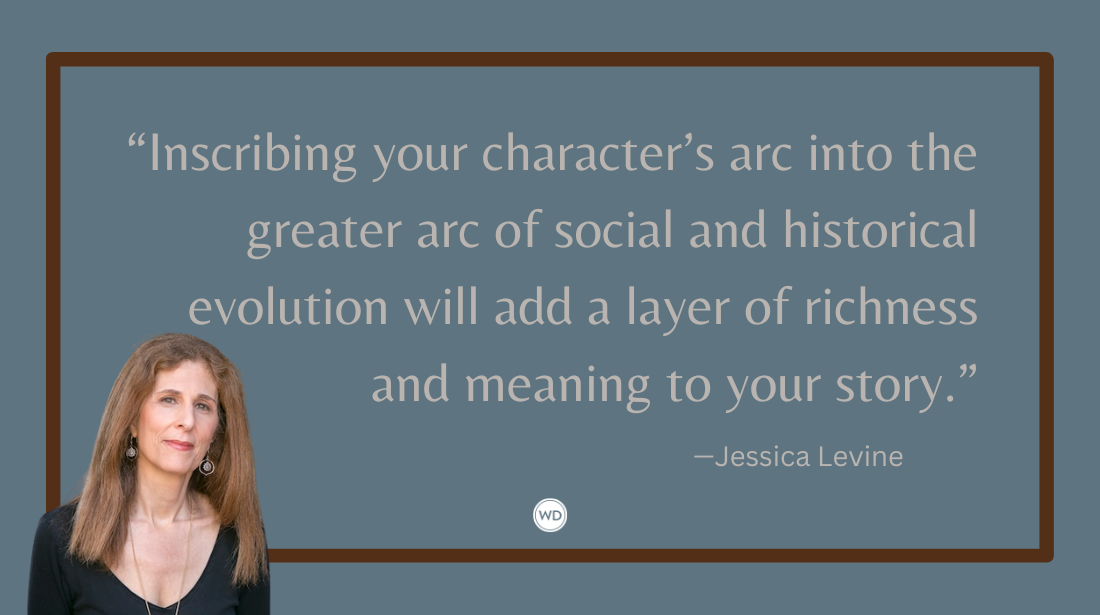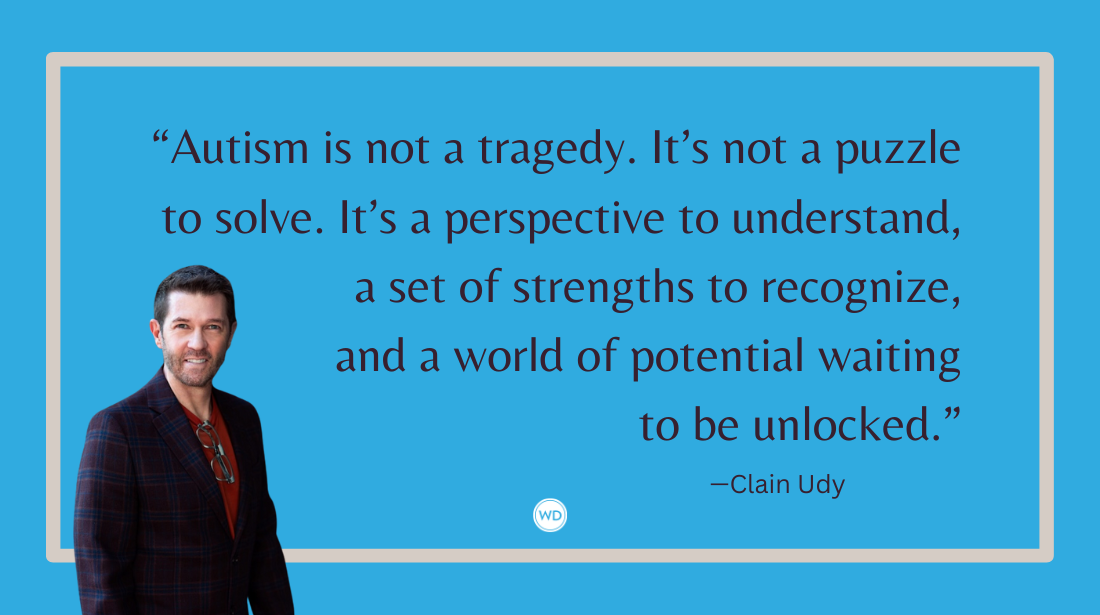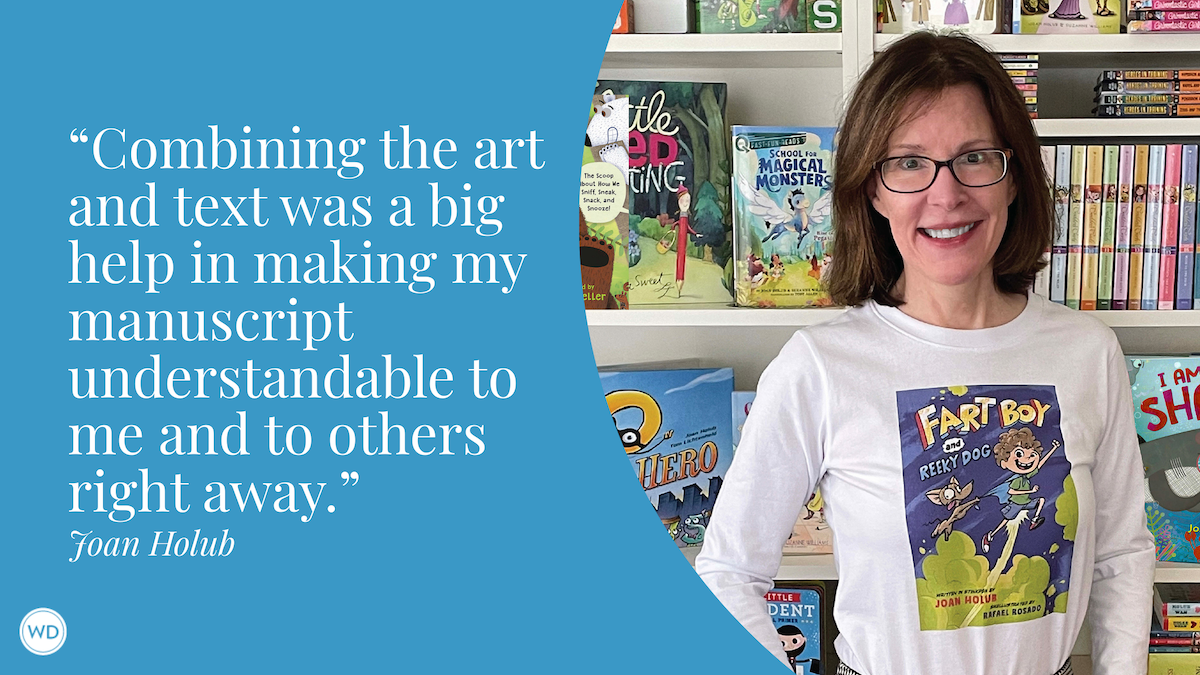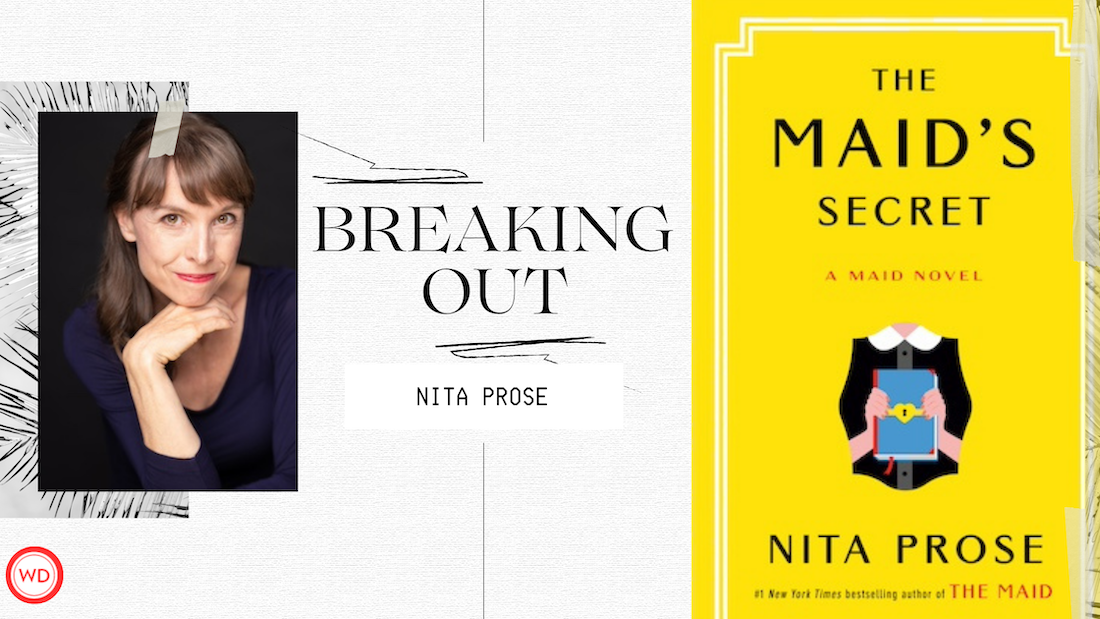Omit Needless Words: Ruthless Editing 101
In this article by Ryan G. Van Cleave from the May/June 2023 issue of Writer’s Digest, you’ll find 10 tips to make your writing efficient, yet engaging.
Regardless of what you write, readers have the same expectation—they insist on stories with language that demonstrates economy, effectiveness, and energy. While entire how-to books could be written about each of those goals, this article focuses on the 10 most impactful story-improving editing tips I’ve shared with students and clients.
**A terminology caveat—while some people use revising and editing interchangeably, I see that as an error. Because revision focuses on bigger-picture things such as plot, character, and structure, it should happen soon after you’ve got a full draft. Editing is the language- and sentence-level polishing that happens after you’re done revising. Why spend energy perfecting a scene’s language only to decide later that the entire scene needs to be jettisoned?**
With that, let’s examine my 10 best editing tips. Apply these as needed to your own writing, regardless of literary medium or genre.
1: Divide and Conquer
Many writers find editing to be daunting. It’s understandable—there are so many ways for words, phrases, sentences, and paragraphs to go wrong. But don’t despair. Harold Underdown, Executive Editor at Kane Press, offers this wise advice: “When looking for words to cut, don’t just do one pass through your manuscript. Plan multiple passes, each for a different category—adverbs, empty words, words you use too often. In each pass, don’t edit, just identify—highlighting is good. Then work through the manuscript one last time, considering and deleting or replacing all of the words you highlighted.”
In short, revise in stages to avoid being overwhelmed.
2: Remove Redundancy
The first draft of a story is where authors discover the story for themselves—they’re the only audience at that point. Given that, it’s easy to see why overwriting is commonplace in early drafts. When it’s time to edit, though, redundancy in meaning should be addressed.
The gas line explosion at the Oakview Senior Center was a horrible tragedy.
Building the birdfeeder so close to the house was an unintentional mistake.
Don’t confuse purposeful repetition with redundancy. If you intend to use complementary words and phrases to enhance, that’s fine. But if you find yourself with some version of this—“The valiant, brave, staunch knight approached the dragon”—put on your editor’s hat and get to work.
3: Focus on Nouns
Similar to the above point, creating a laundry list of modifiers is an indication that a more effective noun might better serve the sentence. For example, would it be better to write “an ugly, frightful, old woman” or simply go with “hag”?
If you have the right noun, you don’t have to work hard to modify an almost-right one.
4: Replace Phrases With Words
Why use many words when just one will suffice?
· at the present time vs. now
· due to the fact that vs. because
· in close proximity vs. near
· in regard to vs. concerning
· in the event that vs. because
· with the exception of vs. except
Don’t be suckered into using bloated phrases that you’ve heard or read before. Trim and tighten if you can.
5: Dump Unimportant Details
Details are good, right? Consider the following, which is chock full of details.
Roger Worthington III hated Florida the moment he arrived in Bradenton to help his grandpa keep from losing his beloved tiki bar. The constant blazing heat of the Sunshine State drained the life out of him, and it wasn’t much better inside the beachside bar where the AC was always on the fritz. When Grandpa Lerner’s Alzheimer’s got so bad that he’d be as likely to serve a Manhattan as a mojito—regardless of what was ordered—Roger took over the bar completely. As the loans piled up and he sweated away his 30s, he began to hate every aspect of the business of running The Turtle Taproom. One day, Roger decided he’d had enough. When two yokels with a big city accent laughed their way to the barstools one Thursday night and ordered Bud Lights “with little umbrellas,” he wanted to punch someone. Anyone.
While it’s decent enough writing, you have to ask—what’s actually important in terms of plot, characterization, and theme? If Roger’s role in your story is simply a one-off bartender with no speaking part and all he does is play the role of a jerky bartender, the following might be all you need.
The sour-pussed bartender poured two beers.
Or maybe this,
The surly bartender muttered as he sloshed beer into two maybe-clean mugs.
If your story is all about loss and regret, or Roger is a recurring character, offering details of his backstory might be quite appropriate and useful.
6: Flip Negatives
Using a negative phrase often leads to flabby writing. Compare “Don’t walk too close to the lake!” to “Avoid the lake!” While both offer similar instructions, the latter is tighter and has more oomph.
A bonus to flipping negatives is that you’re losing the negative—the not vanishes. That means you’re left with a positive. While this creates a subtle effect, readers generally respond more favorably to positives than negatives.
7: Avoid Adverbs
In his wildly successful book On Writing, Stephen King says, “The adverb is not your friend.” In case that doesn’t make the point strongly enough, he adds, “The road to hell is paved with adverbs.”
Consider the following.
· I believe you.
· I totally believe you.
Doesn’t the second one sound like massive sarcasm? Even when -ly words aren’t undercutting or confusing the point of a sentence, they’re often just unnecessary—especially in dialogue tags. For example:
“Your meatloaf made me sick,” she quietly said.
“You’re the one who left out the milk!” he angrily said.
Instead of “quietly said,” could we use “whispered”? And would “shouted” work in lieu of “angrily said”?
Here’s the takeaway—if adverbs aren’t adding vital clarity, feed them to Pennywise, King’s killer clown.
8: Inflect Intentionally
When you inflect (conjugate) verbs, avoid overusing the -ing construction.
Compare “They were heading to the park” to “They headed for the park” or even “They went to the park.”
Doing so makes the sentence more immediate. And shorter!
9: Lose Intensifiers
When my kids were little, they tried to manipulate me by piling on words they hoped would help make their case for more toys at holiday and birthday time.
“I really, really, really want a Star Wars Bladebuilders Jedi Master Lightsaber!”
“You’re a very, very, very good dad. Totally. Completely!”
It didn’t work then, and it doesn’t work well now. Save the intensifiers (absolutely, completely, extremely, really, totally, utterly, very, etc.) for the rare occasion that you need the extra emphasis. Absent that, really, really, really avoid them—especially in dialogue (both real life and story), since that’s where people seem most tempted to over-intensify.
10: Use Tricky Words Correctly
Though this won’t reduce the word count, few words are more needless than the wrong ones. Put extra attention into the following situations:
· affect (influence) vs. effect (accomplish)
· compliment (praise) vs. complement (go well with)
· discreet (careful) vs. discrete (distinct)
· its (possessive) vs. it’s (it + is)
· principle (rule) vs. principal (authority figure)
· they’re (they + are) vs. their (possessive) vs. there (adverb of place)
· venomous (having a toxic bite or sting) vs. poisonous (toxins that are eaten)
· your (possessive pronoun of you) vs. you’re (you + are)
There are other commonly misused words, of course, but the above eight are what I find most often in early drafts (and sometimes late drafts!) of student and client stories.
11: Revisit One More Time (Bonus!)
You shouldn’t stay in revision or editing mode forever. But most writers end the editing process a smidge early, so even when you think you’ve done all you can, give it a few days or a week, then revisit it a final time. Often, that newfound distance will help you spot mistakes and story-improving tweaks you missed before.
I recommend reading your story aloud or having someone read it to you for this final pass. Consider recording yourself reading it and listening to it like an audiobook or podcast. Trust me—your ear will catch things that your eyes miss.
For 30 years, Lorin Oberweger has served as an independent book editor, ghostwriter, and writing workshop leader. During that time, she’s helped countless writers get control of their stories by showing them how to get control of their language.
“My advice is as true for writing content as it is for writing style,” she says. “Trust the reader and trust yourself. That means don’t pad your prose; don’t over-explain; don’t use filtering phrases to bring us into a character’s perspective—just put us there. Trust in your own excellence and dig deeper for the sharpest expression and the best words for the job.”
That’s it exactly: the best words for the job. Strive for excellence in the job of writing stories and your sales and reviews will show it.
Don’t take my word for it, though. Listen to Dr. Seuss who wisely wrote: “So the writer who breeds more words than he needs, is making a chore for the reader who reads.” Amen!
In addition to running the creative writing program at Ringling College of Art and Design, Ryan G. Van Cleave is Editor for Bushel & Peck Books and has authored 20+ books, including The Weekend Book Proposal (WD Books). As The Picture Book Whisperer, Ryan helps celebrities and high-profile clients write picture book and kidlit titles.



